December 2024 Car Care Guides – Quick Tips & How‑Tos
Welcome to our December roundup! This month we packed the blog with hands‑on advice that lets you tackle common car problems without the stress. Whether you’re swapping a clutch, checking engine oil, or figuring out if a new radiator is worth it, we’ve got a short, straight‑to‑the‑point guide ready for you.
Performance & Transmission
Clutch issues topped the list. We explained how long a clutch replacement usually takes, broke down the steps for installing a clutch kit yourself, and highlighted why a Stage 2 clutch kit can boost performance for gearheads. If you’re wondering whether a clutch replacement will keep you in the garage all day, our guide shows typical time frames and the tools you’ll need.
Spark plugs got their own spotlight, too. We listed the tell‑tale signs that your plugs are on their last legs – misfires, rough idle, and reduced fuel economy – and gave easy maintenance tips to extend their life. Pair that with our article on brake pads versus discs, and you’ll know exactly when a simple pad swap is safe and when you should replace both components.
Engine, Cooling & Safety
Engine oil health is non‑negotiable. One post walks you through the warning lights, strange noises, and leaks that signal low oil, while another warns about the cascade of problems caused by skipping oil changes. Both are written so you can spot the issue before it turns into a costly repair.
Cooling system concerns were covered in depth. We asked the big question – should you upgrade to a new radiator? – and laid out the signs that your current radiator is losing efficiency. If you’ve already got a damaged radiator, our step‑by‑step advice tells you when it’s safe to drive to a workshop and when you need immediate attention.
Suspension health matters for comfort and safety. Our guide on bad shock absorber noises helps you identify squeaks, clunks, and rattles, explaining how they affect handling and why prompt repairs keep your ride smooth.
Fuel delivery doesn’t get any easier to understand. We compared fuel filters and fuel pumps, showing you how to diagnose sluggish performance and avoid mixing up the two components during a DIY fix.
Beyond the engine, we dipped into home comfort with a look at MERV 13 air filters. If you’re wondering whether a higher‑efficiency filter is right for your HVAC, we break down the benefits, potential airflow restrictions, and cost considerations.
Exhaust system replacements also made the list. We detailed the typical cost breakdown – parts, labour, and hidden fees – so you can budget confidently before heading to a garage.
All these articles share a common goal: give you practical, no‑fluff information that lets you make smart decisions, save money, and keep your car running happily through winter. Got a question that wasn’t covered? Drop us a line, and we’ll add it to the next month’s lineup.
Ready to get started? Browse the posts below, pick the topic that matches your current car concern, and follow the simple steps we’ve laid out. Your car will thank you, and you’ll drive into the new year with confidence.
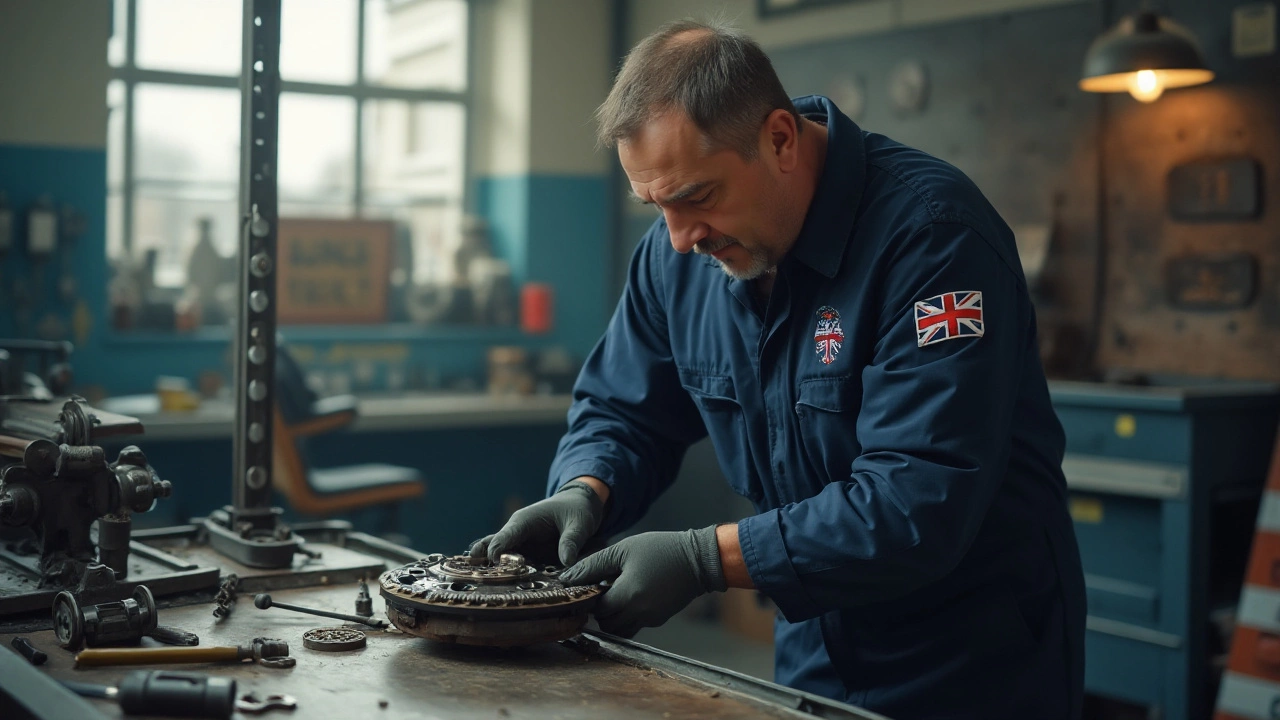 31 December 2024
31 December 2024
How Long Does Clutch Replacement Take: A Comprehensive Guide
Replacing a clutch is a task that many car enthusiasts or mechanics undertake, but it requires time and precision. This article explores the various aspects affecting the time it takes to replace a clutch, such as vehicle type, mechanical expertise, and necessary tools. We will delve into the standard time frames expected for this task, along with tips for efficiency. Additionally, readers will learn about common signs indicating clutch issues and preventative measures to prolong clutch life.
 31 December 2024
31 December 2024
Understanding the Cost of a Full Exhaust System Replacement
When considering a full exhaust system replacement, it's important to understand the costs associated with the process. This article delves into the expenses you can expect, including the materials, labor, and potential market variances. It also offers tips on how to budget effectively and make informed decisions. The guide aims to provide car enthusiasts and everyday drivers with knowledge to tackle exhaust system replacements confidently.
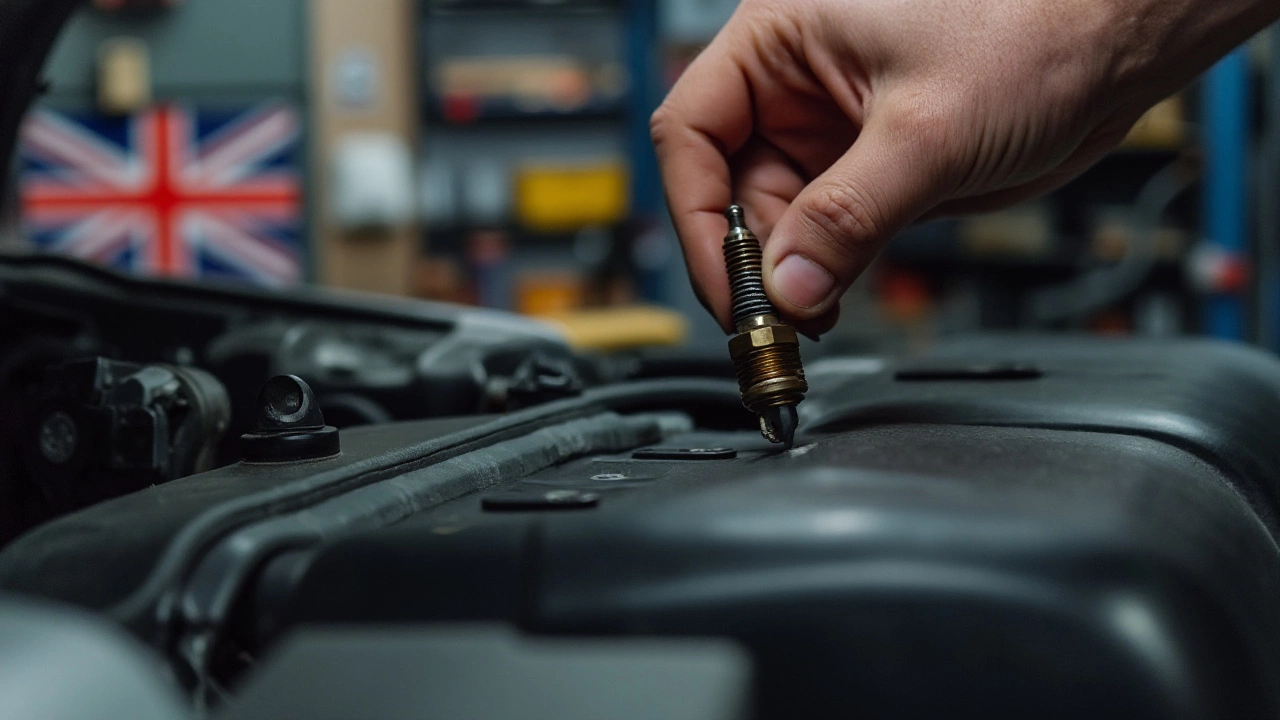 25 December 2024
25 December 2024
Signs Your Spark Plugs Need Replacing and Tips for Maintenance
Knowing when to replace your spark plugs is crucial for maintaining optimal engine performance. This article delves into common signs indicating worn-out plugs, the role they play in your engine's health, and tips for extending their lifespan. By understanding these aspects, car owners can prevent misfires, reduce fuel consumption, and avoid costly repairs. Stay informed to keep your vehicle running smoothly.
 25 December 2024
25 December 2024
The Art of Clutch Kit Installation: A Hands-On Guide
Installing a clutch kit can be a rewarding yet challenging task for car enthusiasts and DIY mechanics alike. This guide aims to demystify the process by breaking down the steps involved, assessing the necessary tools, and providing insights into potential challenges. A well-installed clutch not only ensures smooth gear shifts but also prolongs the life of your car's manual transmission. With safety tips and expert advice, this article will walk you through what it takes to successfully replace a clutch kit on your own.
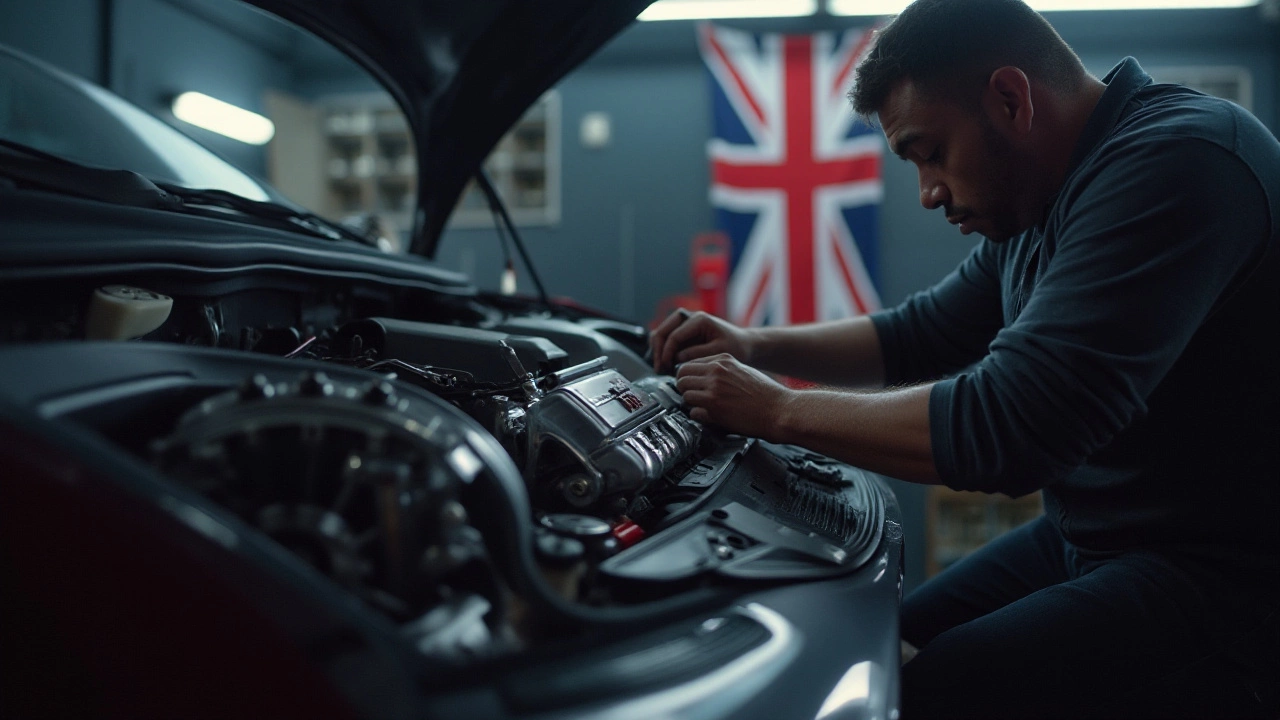 23 December 2024
23 December 2024
Understanding the Benefits of a Stage 2 Clutch Kit
A Stage 2 clutch kit offers significant enhancements over standard clutches, appealing particularly to car enthusiasts and those looking to boost their vehicle's performance. This article dives into what a Stage 2 clutch kit is, how it differs from other types, and why it might be the ideal choice for those who often push their cars beyond average limits. It also explores some interesting facts about clutch kits and provides useful tips for those considering an upgrade. Whether you're a seasoned gearhead or just beginning to explore car modifications, understanding the functionality and advantages of a Stage 2 clutch can be a key aspect of maximizing your vehicle’s performance.
 22 December 2024
22 December 2024
Essential Signs Your Car Is Running Low on Engine Oil
A car running low on engine oil can lead to serious problems, including engine damage. This article explores common signs indicating an oil shortage in your vehicle. You will learn about warning lights, unusual engine noise, and oil leaks, among other indicators. Regular maintenance and check-ups can prevent these issues and extend the life of your car. Discover how you can keep your engine in peak condition.
 16 December 2024
16 December 2024
Identifying Bad Shock Absorber Noises in Your Vehicle
Discover the tell-tale sounds that indicate problems with your car's shock absorbers. Learn about the root cause of these noises, how they affect vehicle performance, and the steps you can take for maintenance and repair. Find tips on diagnosing suspension issues and why addressing them promptly is crucial for your safety. Ideal for drivers who want to ensure a smooth and safe ride.
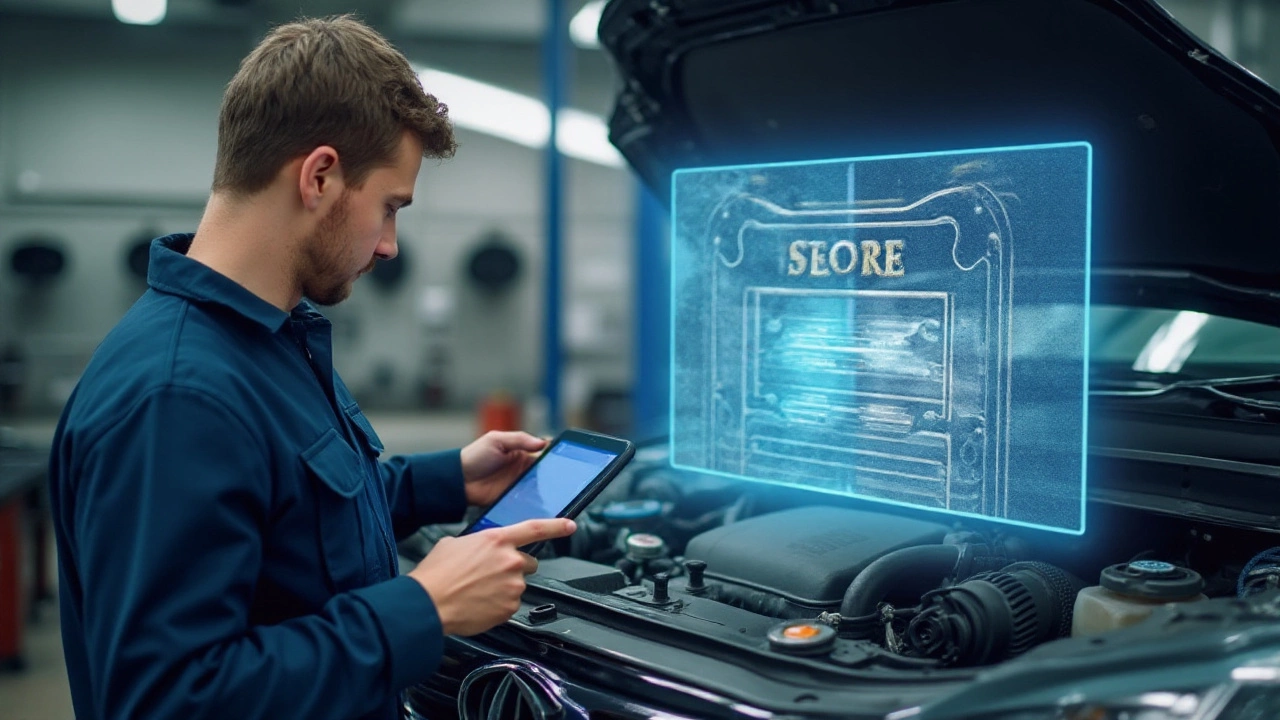 15 December 2024
15 December 2024
Should You Upgrade to New Car Radiators?
Upgrading your car's radiator can significantly impact cooling efficiency and engine performance. It's essential to understand when a new radiator is necessary and what advantages it brings. This article explores the worthiness of investing in new radiators, examining signs of wear, potential benefits, and factors to consider before making a decision. By weighing long-term benefits against upfront costs, car owners can make informed choices about radiator upgrades.
 11 December 2024
11 December 2024
Dealing with a Damaged Radiator: What You Need to Know Before Hitting the Road
Driving with a faulty radiator can lead to severe car damage and dangerous situations on the road. This article explains why radiators are vital for vehicle performance, the risks of driving with a compromised radiator, and early signs of radiator problems. Additionally, it offers tips on preventive maintenance and guidance on what to do if faced with radiator issues.
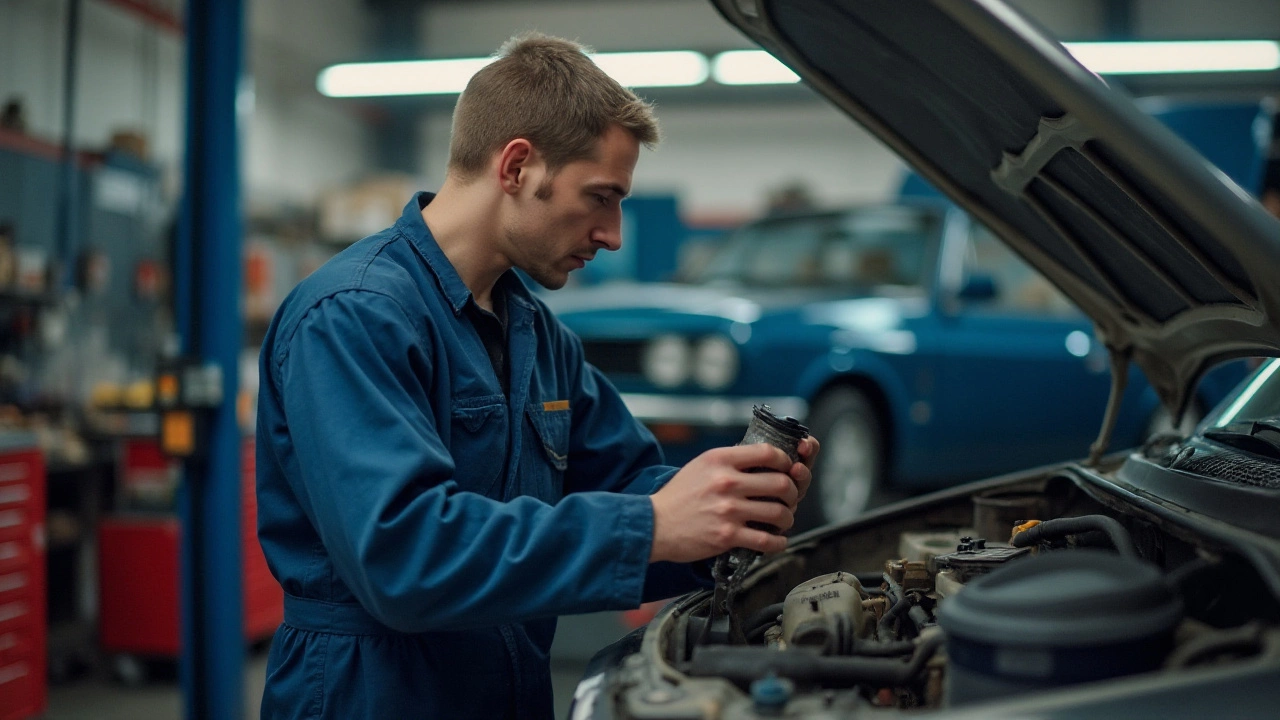 8 December 2024
8 December 2024
Diagnosing Fuel System Issues: Fuel Filters vs. Fuel Pumps
When your vehicle starts to show signs of sluggish performance, it may be caused by a faulty fuel filter or fuel pump. Both components are vital for the optimal running of your car engine, delivering the right amount of fuel when needed. Knowing the symptoms associated with each can save you time and money by avoiding misdiagnosis and unnecessary repairs. In this article, we'll dive deep into telling these problems apart and provide useful tips for maintaining your fuel system.
 8 December 2024
8 December 2024
Is MERV 13 the Right Choice for Your Home Air Filter?
Choosing the right air filter for your home can significantly impact indoor air quality and HVAC system efficiency. MERV 13 filters are known for their effectiveness in removing airborne particles, but homeowners often wonder if they're suitable for residential use. This article breaks down the benefits, potential challenges, and practical considerations of using a MERV 13 filter in your home. Discover if this filter level is the best fit for your household needs.
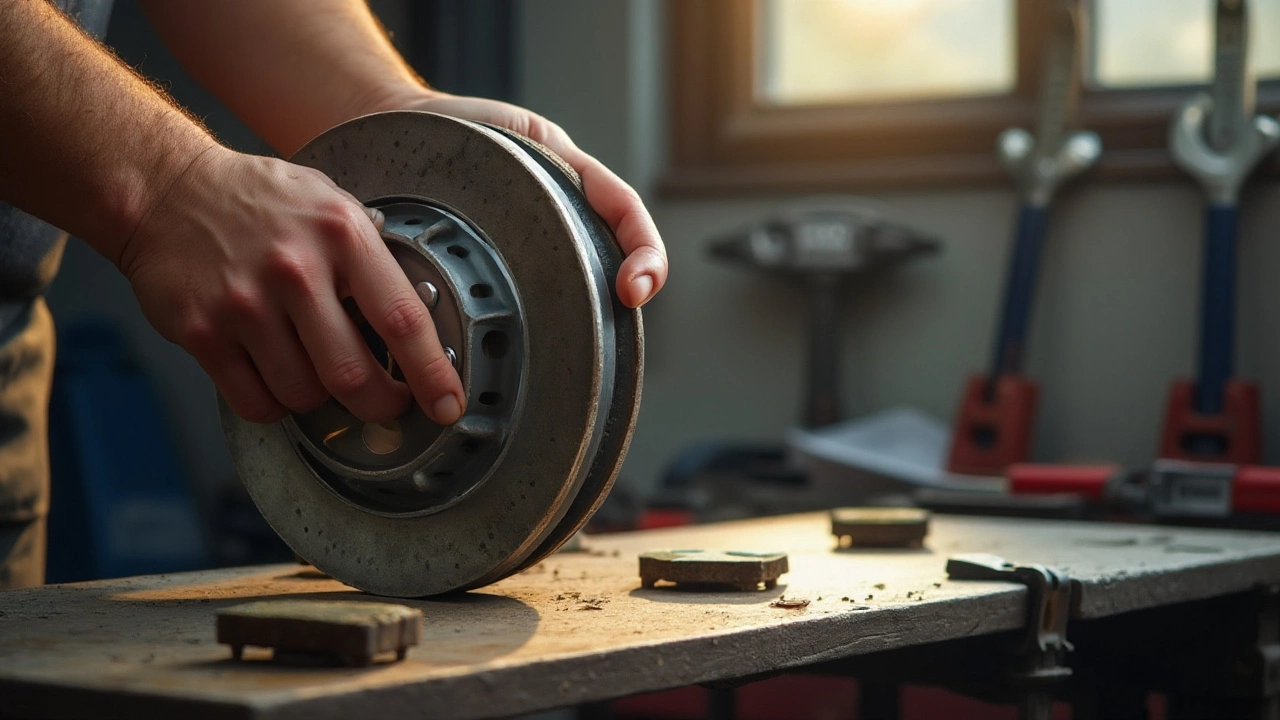 3 December 2024
3 December 2024
Is It Safe to Replace Just Brake Pads and Not Discs?
Brake pads and discs are crucial components of a vehicle's braking system. Understanding when and why you can change only the brake pads without the discs is essential. This article explores the scenario surrounding brake pad replacement, how to assess the condition of your discs, and key indicators that will help you determine the best course of action. Knowing the difference between discs and pads and the importance of regular maintenance can significantly enhance your vehicle's performance and safety.
Latest Posts
-

How Long Does a Clutch Last After You Smell It Burn? Real-World Lifespan and Advice
-

How to Tell If Your Car Needs a New Battery: Signs, Tests, and Costs
-

Can Bad Suspension Affect Your Engine?
-
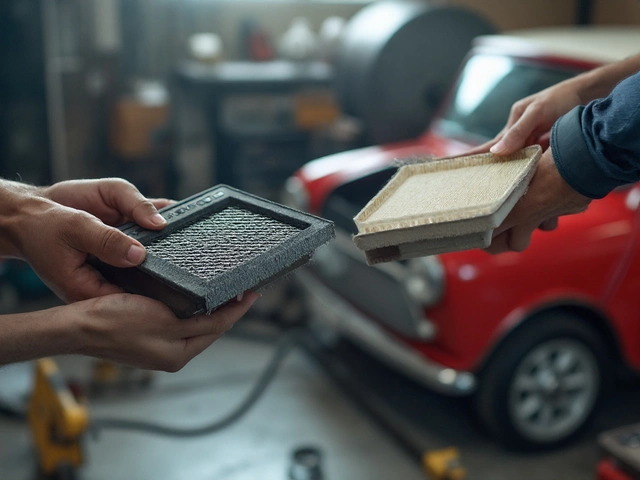
Are Expensive Air Filters Worth It? Comparing Air Filter Effectiveness
-
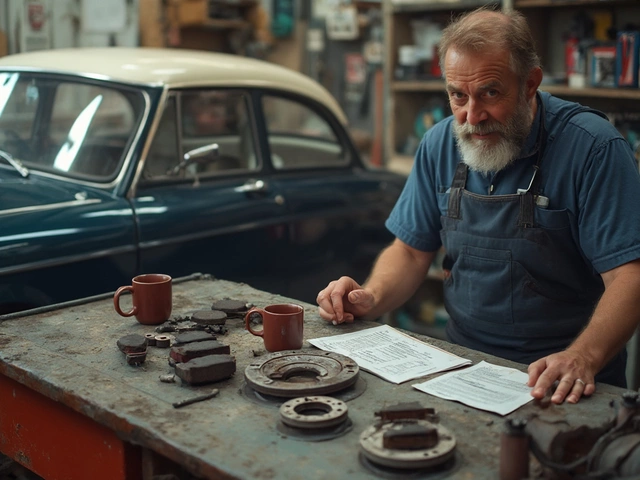
Brake Pads: Is It OK to Change Only the Pads?
Tags
- car maintenance
- engine oil
- spark plugs
- brake pads
- engine performance
- vehicle maintenance
- spark plug replacement
- windshield wipers
- fuel pump
- suspension parts
- clutch replacement
- oil change
- clutch kit
- car suspension
- car performance
- air filters
- car radiator
- exhaust systems
- fuel pump replacement
- engine misfire

0